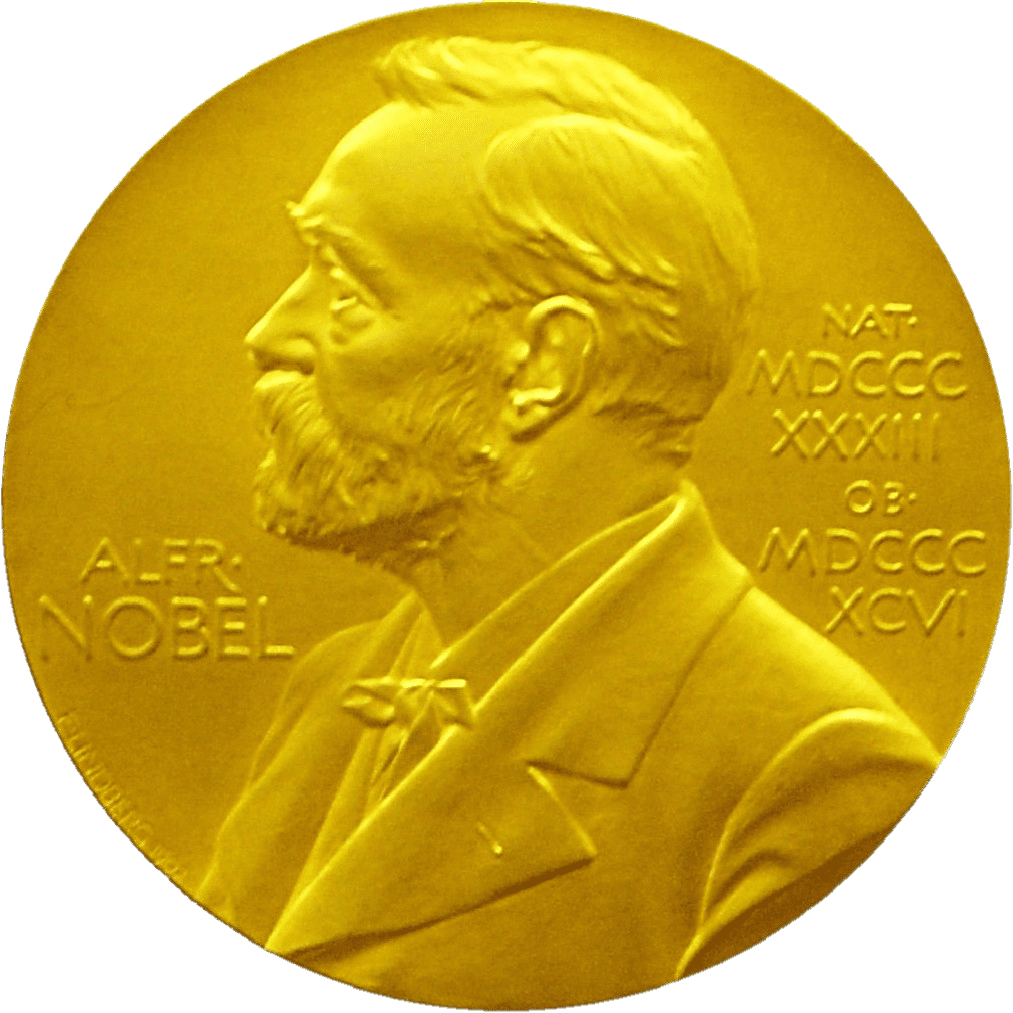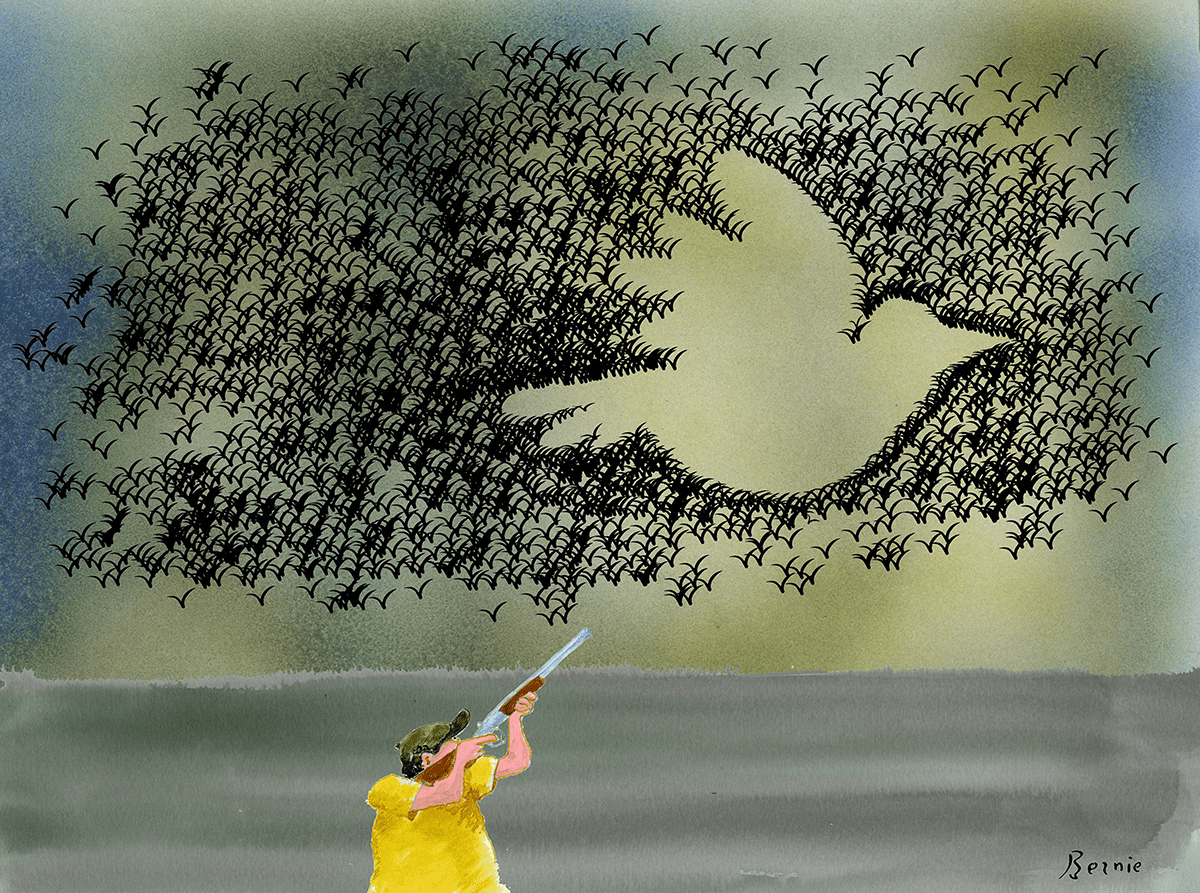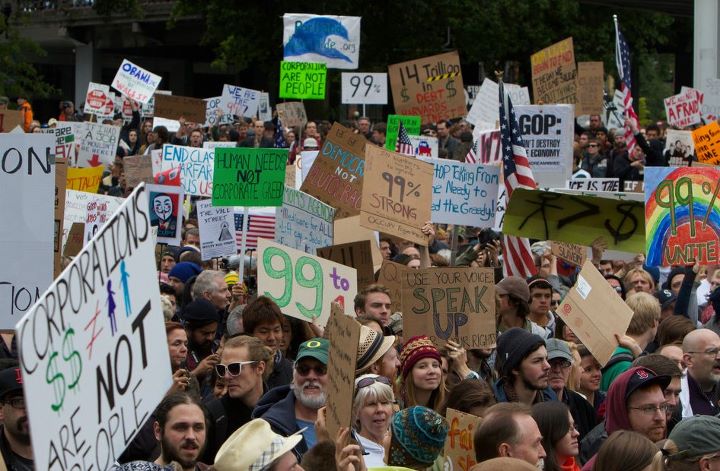Congratulations to Maria Corina Machado, leader of the democracy movement in Venezuela, a deserved winner of the 2025 Nobel Peace Prize.
She should be the last laureate, until world leaders become serious about peace.
For 2026, I am going to nominate no-one. To be exact, I am going to propose that the Nobel committee do not award the prize at all. Not next year, not the year after, not until world leaders get serious about peace.
There is no obligation on the Nobel committee to award the prize. Eighteen times it didn’t honor a recipient.
The Peace Prize was not awarded during either of the world wars, with the exception of 1917 and 1944, when it was given to the International Committee of the Red Cross. On other occasions it didn’t choose a laureate.
On one other occasion, in 1948, it decided to honor the memory of Mahatma Gandhi, who had been nominated but had been assassinated.
I am not in favor of peace prizes on principle.
Back in 1997, when the prize was awarded to the International Campaign to Ban Landmines, I was against the campaign accepting the prize. (I had been among those who initiated the campaign in 1990 and was at that time the chair of the board of Mines Advisory Group, one of the organizations that founded the campaign.) My main argument was that the ICBL hadn’t achieved its two goals—a worldwide ban on anti-personnel landmines and a global fund to pay for landmine clearance and the victims’ rehabilitation and support—and that a premature award would imply that we had succeeded, when we hadn’t. I worried that this would demobilize our supporters.
I also disliked turning activism into a celebrity show. Peace is not a performance.
Turning down the Nobel Prize would, I thought, send a stronger message. My view didn’t prevail.
I was also disturbed by some of the earlier recipients, that included Henry Kissinger, winner the prize in 1973. (His North Vietnamese counterpart, Lê Đức Thọ, did the honorable thing and declined it, and two of the Nobel committee members resigned). Another questionable recipient was Mother Theresa, who won in 1979. Barack Obama should not have been given the prize in 2009. Recently the most regrettable awardee was Ethiopian prime minister Abiy Ahmed. There’s no process for revoking the prize, not even if the awardee commits genocide.
I propose that the 2026 Nobel Peace Prize not be awarded at all. That would, I suggest, send a message. Peace is the prize.



